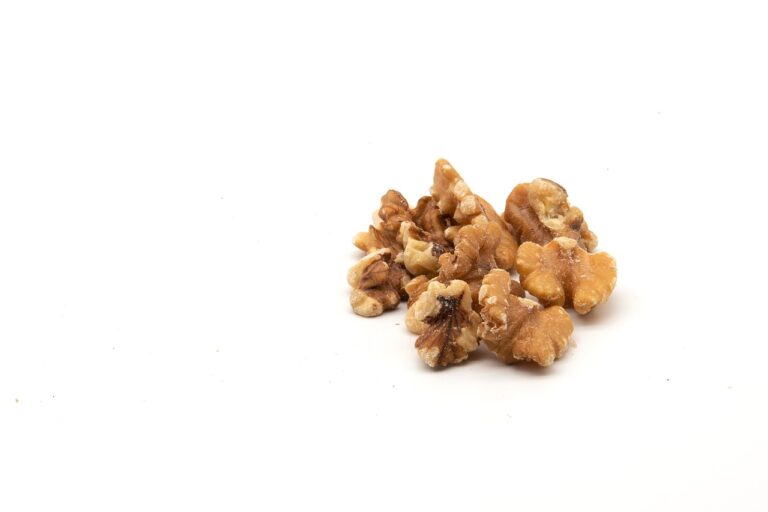Self-Care Practices for Teens: Prioritizing Mental and Physical Health
betbhai, cricket99 exchange, diamondexch9.con: Self-care is a crucial aspect of maintaining overall well-being, especially for teenagers who are navigating the ups and downs of adolescence. Taking care of your mental and physical health should be a top priority, as it can improve your mood, energy levels, and overall quality of life. In this article, we will discuss some self-care practices that teenagers can incorporate into their daily routine to prioritize their mental and physical health.
Heading 1: The Importance of Self-Care for Teens
Teenagers often face a myriad of challenges, from academic stress to social pressures and hormonal changes. It’s easy to get caught up in the hustle and bustle of daily life and neglect your own well-being. However, taking the time to practice self-care can have a profound impact on your mental and physical health.
Heading 2: Establishing a Routine
One of the first steps in practicing self-care is to establish a routine that includes activities that promote mental and physical well-being. This could include setting aside time each day for exercise, meditation, journaling, or any other activity that helps you relax and unwind.
Heading 3: Getting Adequate Sleep
Teenagers often underestimate the importance of getting an adequate amount of sleep each night. Lack of sleep can lead to mood swings, difficulty concentrating, and can even impact your physical health. Aim for 8-10 hours of sleep per night to ensure that you are well-rested and ready to tackle the day ahead.
Heading 4: Eating a Balanced Diet
Eating a healthy, balanced diet is essential for maintaining both your physical and mental health. Make sure to include plenty of fruits, vegetables, lean protein, and whole grains in your meals. Avoid excessive consumption of sugary snacks and drinks, as they can lead to energy crashes and mood swings.
Heading 5: Exercise Regularly
Physical activity is not only important for maintaining a healthy weight, but it also has numerous mental health benefits. Exercise releases endorphins, which are known as “feel-good” hormones that can help boost your mood and reduce stress. Find an activity that you enjoy, whether it’s dancing, yoga, running, or playing a sport, and aim to incorporate it into your routine a few times a week.
Heading 6: Practice Mindfulness and Meditation
Practicing mindfulness and meditation can help you stay present in the moment and reduce feelings of stress and anxiety. Taking just a few minutes each day to focus on your breath or engage in a guided meditation can have a profound impact on your mental well-being.
Heading 7: Limit Screen Time
In today’s digital age, it’s easy to get caught up in endless scrolling on social media or binge-watching TV shows. However, excessive screen time can negatively impact your mental health and sleep patterns. Try to limit your screen time, especially before bed, and instead engage in activities that promote relaxation and connection with others.
Heading 8: Connect with Others
Maintaining strong social connections is essential for good mental health. Make an effort to reach out to friends and family members, whether it’s through a phone call, text message, or in-person hangout. Spending time with loved ones can help you feel supported, understood, and valued.
Heading 9: Set Boundaries
Learning to set boundaries is a crucial part of self-care. Saying no to activities or commitments that drain your energy and prioritize your needs is essential for maintaining your mental health. Remember that it’s okay to prioritize yourself and set limits on what you can handle.
Heading 10: Seek Professional Help When Needed
If you are struggling with your mental health, don’t hesitate to seek help from a mental health professional. Therapy can be a valuable tool for processing emotions, gaining new coping skills, and improving your overall well-being. Remember that asking for help is a sign of strength, not weakness.
FAQs
Q: How can I incorporate self-care into my busy schedule?
A: Start by setting aside small pockets of time each day for activities that promote relaxation and well-being. This could be as simple as taking a few minutes to practice deep breathing, going for a walk, or journaling your thoughts and feelings.
Q: What if I don’t enjoy traditional forms of exercise?
A: Find an activity that you enjoy and that gets your body moving. Whether it’s dancing, hiking, swimming, or playing a sport, the key is to stay active and find something that brings you joy.
Q: How can I convince my friends to prioritize self-care?
A: Lead by example. Show your friends the positive impact that self-care practices have had on your life and invite them to join you in activities that promote well-being. Encourage open conversations about mental health and the importance of self-care.
By incorporating these self-care practices into your daily routine, you can prioritize your mental and physical health and improve your overall well-being. Remember that self-care is not a luxury, but a necessity for leading a happy, healthy life. Start small, be consistent, and listen to your body’s needs. Your future self will thank you for it.







